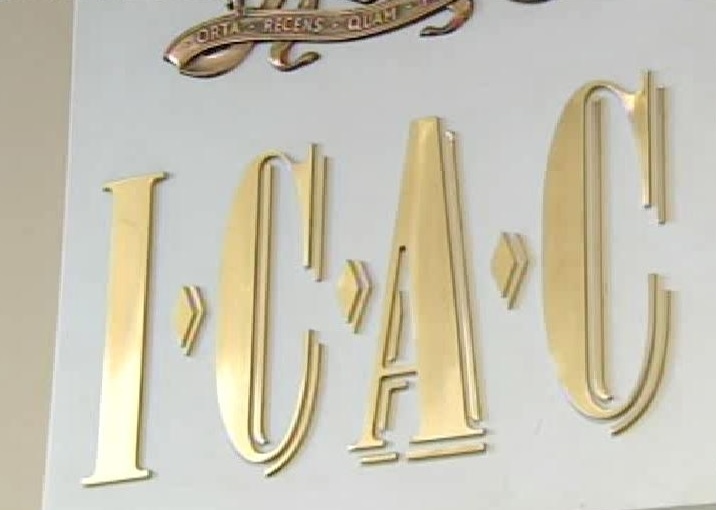
 Mike Baird’s decision to reform his anticorruption commission is just the beginning. It means the NSW Premier has started the painful process of restoring his state’s standing as a bastion of the rule of law.
Mike Baird’s decision to reform his anticorruption commission is just the beginning. It means the NSW Premier has started the painful process of restoring his state’s standing as a bastion of the rule of law.
The Independent Commission Against Corruption will continue to have an important role. But the reform plan, drawn up by Murray Gleeson and Bruce McClintock SC, means that role will be clearly defined and accountable. ICAC will find it difficult to extend its reach too far beyond the public sector.
Its days of imperial overreach, exemplified by the ludicrous pursuit of prosecutor Margaret Cunneen SC, are over. Until Cunneen, this agency seemed untouchable. Its earlier excesses gained little real scrutiny because of an institutional failure: the Fairfax publishing house conducted itself like a division of the ICAC public relations department; and both sides of politics had been neutered when ICAC exposed misdeeds within their ranks.
This helps explain why Baird’s predecessor, Barry O’Farrell, was able to expropriate coal exploration leases worth at least $140 million based merely on an ICAC recommendation.
That decision — from a government that used to be known as the party of business — displayed an appalling lack of respect for property rights, the rule of law and international investment treaties that reassure foreign companies that their assets will be protected by due process.
The Cunneen case shows just how unreliable ICAC’s assessment of its own untested evidence can be. Yet that was the basis for O’Farrell’s expropriation. He should have given the owners of those assets the opportunity to present their case to an independent court where both sides of the argument could be tested.
The companies that were stripped of those exploration leases — Cascade Coal and NuCoal Resources — should be compensated for this scandalous deviation from the standards expected from all Australian governments.
These companies have institutional shareholders from Japan and the US, many of whom chose to invest in Australia because they believed — as all Australians believe — that their property is protected by the rule of law. The rule of ICAC is no substitute.
Chris Merritt
The Australian
WTF: Used by permission
